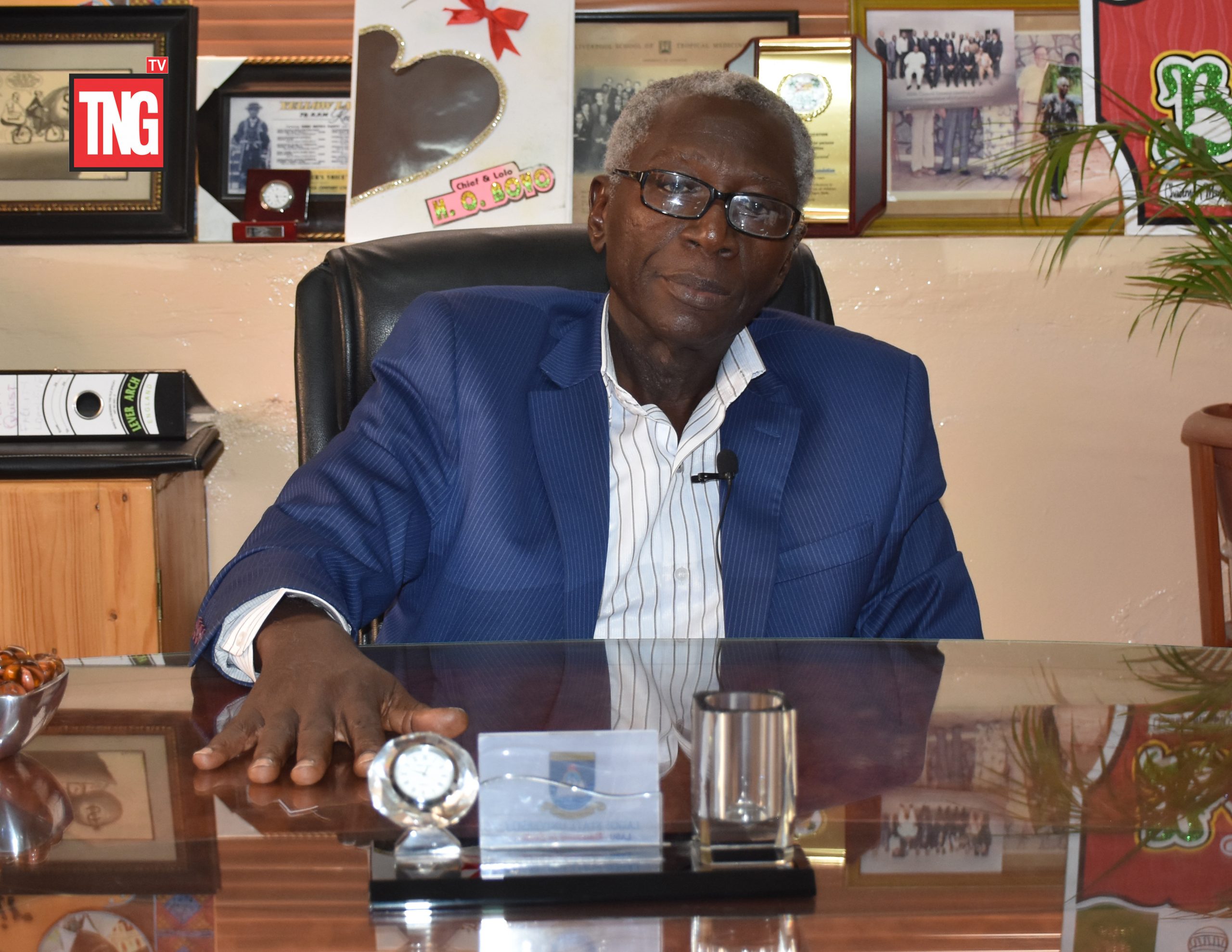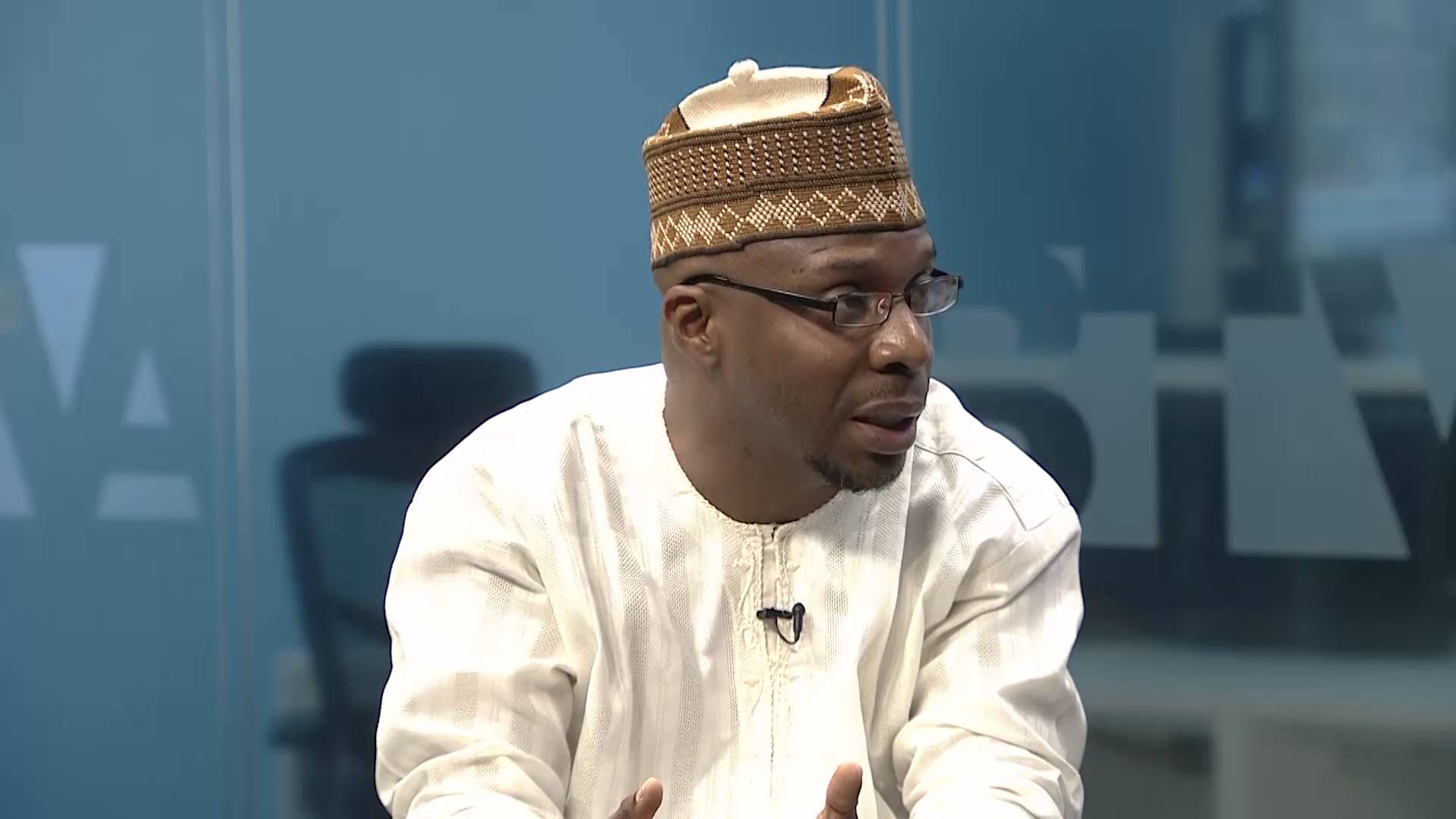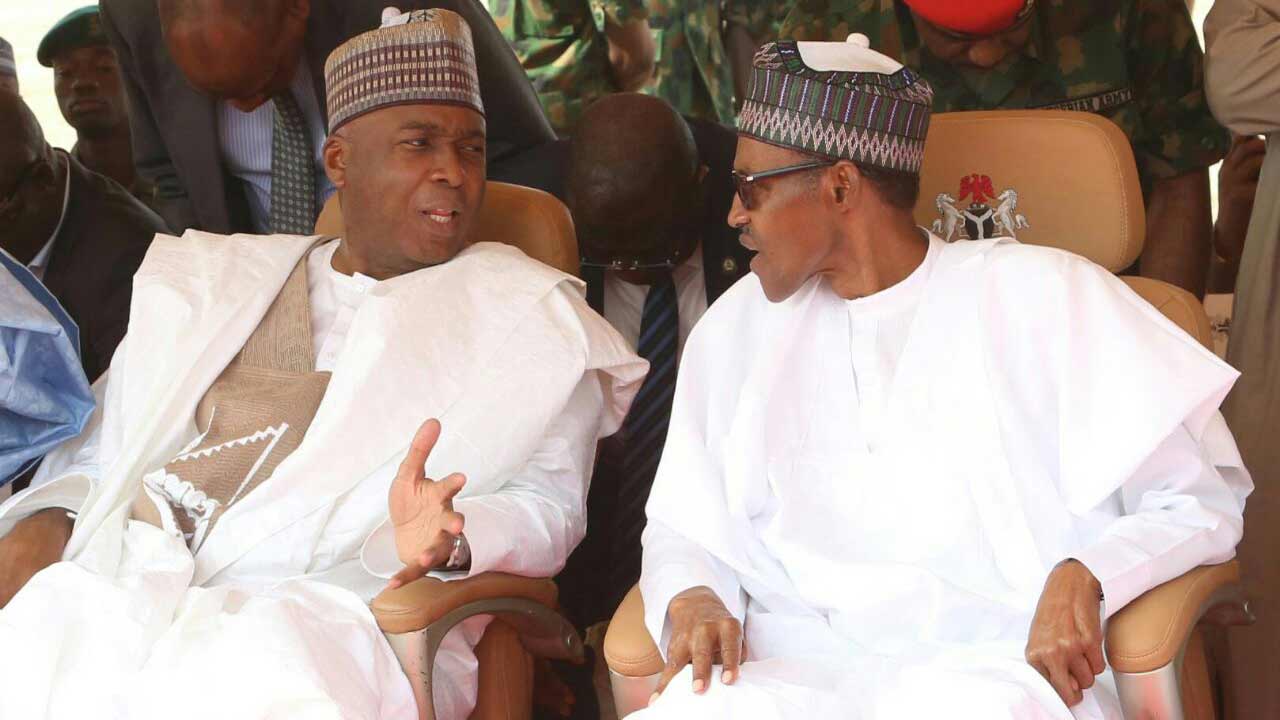BY HENRY BOYO
Nigerians know too well, that sinking feeling when the standard household shopping list cannot be covered by the usual monthly budget, because of rising prices of goods/services. The options, for more households, invariably, become whether to cut down or do without some basic items, or alternatively, make do with less preferred, but cheaper substitutes.
Even though the distortional and oppressive impact of inflation is boundless, it is also recognized that a little rise in price level may sometimes be necessary to stimulate economic growth; however, if price index rises above 5 per cent annually, inflation becomes an albatross! Nigeria’s inflation rate has disturbingly often remained above 10 per cent annually, while the rise in the price of food items is generally higher!
Nonetheless, wherever prices of goods and services rise annually above 10 per cent, a static nominal income of N100,000, for example, may barely be enough for the same basket of goods that cost, only N10,000, just ten years earlier; consequently, in order to maintain an accustomed lifestyle, a family’s income must grow by at least 10 per cent or at the prevailing inflation rate annually. Indeed, in responsible economies, the general wage structure is intrinsically tied to prevailing inflation rates so as to sustain consumer demand, restrain inflation and protect citizen’s welfare.
Conversely, Nigeria’s high inflation rates, gravely erode the value of all static incomes for several years before any attempt to remediate the disparity. Evidently, the net product of this mismatch is grinding poverty; for example, the N200/month (over $150) minimum wage in the 1980s commanded much more value than the increase to N18,000, or $100 in 2011!
The pertinent question, therefore, is why Nigeria’s untamed inflation rate has become a primary instigator of deepening poverty. It is ironical that Nigeria is now (2011) listed amongst the World’s Poorest People, despite fortuitously increasing export revenue and best-ever external reserves for several years! Instructively, however, the classical definition of inflation is ‘too much money chasing fewer and fewer goods and services’. Thus, inflation is an expression of the market dynamics of the supply of Products/services and the total available spendable cash.
Unfortunately, the popular notion, is that Nigeria’s high inflation rate is caused by low productivity; i.e. we do not produce enough goods and services, while the supply shortfall is, simultaneously, conversely, confronted with huge surplus funds in the money market. Consequently, it is evident that any recorded increase in domestic output in the last 2 decades must have fallen below the higher rate of expansion in money supply. So, the problem is really that of money supply always outstripping volume of goods and services produced!!
Invariably, therefore, the critical question should relate to the major cause of ‘eternally’ increasing money supply, such that so much money is, seemingly, unavoidably, always available to chase more, but relatively fewer goods to drive a persistent inflationary spiral. Nigeria’s Monetary Authorities and like-minded pseudo experts are mischievous, when their answer to the challenge of inflation is that the three tiers of government spend too much money. Instructively however, in contrast, the best practice antidote to flagging consumer demand, rising unemployment, and industrial contraction is actually aggressive fiscal expansion i.e. increased government spending! Nevertheless, in response to this dilemma, our monetary authorities have, invariably, impulsively resolved to always hold back inflation by discouraging access to the, apparent, increased surge of money supply, that is, wrongly alleged to be induced by expansion in government spending!
Unfortunately, in order to restrain the inflationary threat of perceived excess money supply, CBN would deliberately, increase domestic cost of borrowing with higher Monetary Policy Regulatory Rates (MPRs) that would, discourage borrowing and also restrain banks from aggressive credit expansion. Ultimately, as readily admitted, in CBN’s Monetary Policy Committee Communiqué No.76 of May 24, 2011, Government and CBN, compulsively become the major customer of banks, as they borrow inappropriately from banks, only to sterilize trillions of Naira annually, in order to reduce banks’ capacity to grant credit, and thereby avert the threat of inflation. It is disturbing, nonetheless, that over N500bn has been earmarked, by CBN for servicing such counterproductive, and idle Government loans in 2011! Ultimately, a reduction in aggregate demand, industrial contraction, increasing unemployment, all of which deepen poverty, will unfortunately become the horrid collaterals of such forced credit restriction, with irresponsible higher cost of loans for the Government, CBN and the private sector.
Consequently, the anomaly of the perennial claim of too much money (Excess) Naira liquidity, despite the real sectors’ poor access to cheap funds, will always evolve. Instructively, however, CBN’s eternal lamentation of oppressive cash surplus and its threat to lower inflation rates, revealingly usually, follows the payment of bloated monthly Naira allocations to the three tiers of government; sadly, the same CBN, inexplicably, proceeds soon after these disbursements, to borrow back and sterilize a large chunk of the distributed funds, in order to reduce surplus cash and further threat of inflation.
Invariably, bloated Naira allocations, induce a liquidity surge which fuels inflation and a rising national debt burden with the related oppressive service charges; ultimately higher cost of borrowing, deliberately instigated by CBN’s, Monetary Policy Rates would also restrain lending and inflation, and severely challenge the competitiveness of Nigeria’s real sector!
Furthermore, it is obvious that any potential increase in money supply from monthly statutory allocations of hundreds of billions of Naira, also inadvertently induces a supply and demand relationship in the forex market; invariably, the resultant market dynamics ensure that dollar will always emerge stronger. For example, CBN’s subsequent aggressive auctions of small dollar rations, inadvertently, also create seeming dollar scarcity vis-a-vis a huge subsisting Naira glut with the related expanded credit capacity of banks! Ultimately, such a market with perpetual Naira ‘surplus’ will, compulsively, induce cheaper Naira exchange rates, similar to the product of the dynamics in a market with comparatively less goods and services but with increasingly, surplus Naira liquidity, as witnessed, for example, after the Udoji salary bonanza of the late 1970s.
But, the table can be turned on the dollar and the destructive cycle of persistent excess liquidity, inflation and a weaker Naira, if government musters the will to change the demand and supply relationship between Naira and dollar earnings, by stopping CBN’s hoarding and monopoly of dollar sales! Evidently, the Naira rate will, conversely become better favored, if the dollar component of monthly distributable revenue is paid with negotiable dollar certificates, rather than the current practice in which distributable dollar revenue is, first, unilaterally, substituted at contrived rates with Naira allocations by CBN.
Predictably, with this reform, the erstwhile ever-present ghost of excess liquidity will be exorcized; furthermore, Government and CBN’s debt and service charges will also significantly reduce; interest rates will also fall to single-digit, so that industries can easily borrow and expand output and, drastically reduce unemployment, while the deadly plague of inflation, will become tamed, as consumer demand rises to also induce significant improvement in mass social welfare.”
POSTSCRIPT 2019: The above article was first published on 13th June, 2011, as “Inflation: The Silent Plague” when the inflation rate hovered around 10 per cent. Incidentally, media reports presently suggest an increasing rate of suicide incidents which are largely instigated by the widening gap between income and the prices of goods and services in the market. Although, inflation rate has, receded from a high of about 18 per cent to 11.25 per cent lately, nonetheless, despite the celebrated increases in foreign reserves, the Naira rate has distressfully collapsed, and we have ultimately, been crowned, the World’s Poverty Capital. Instructively, however, if the latest 100 per cent increase in the minimum wage is implemented, or if petrol price is deregulated, or if the Naira rate suffers another crash, the inflation rate may spike well above 20 per cent annually, and drive millions more Nigerians into poverty. Tragically, therefore, the worst is still to come, and the present impact of banditry and terrorism may be child’s play!!!


